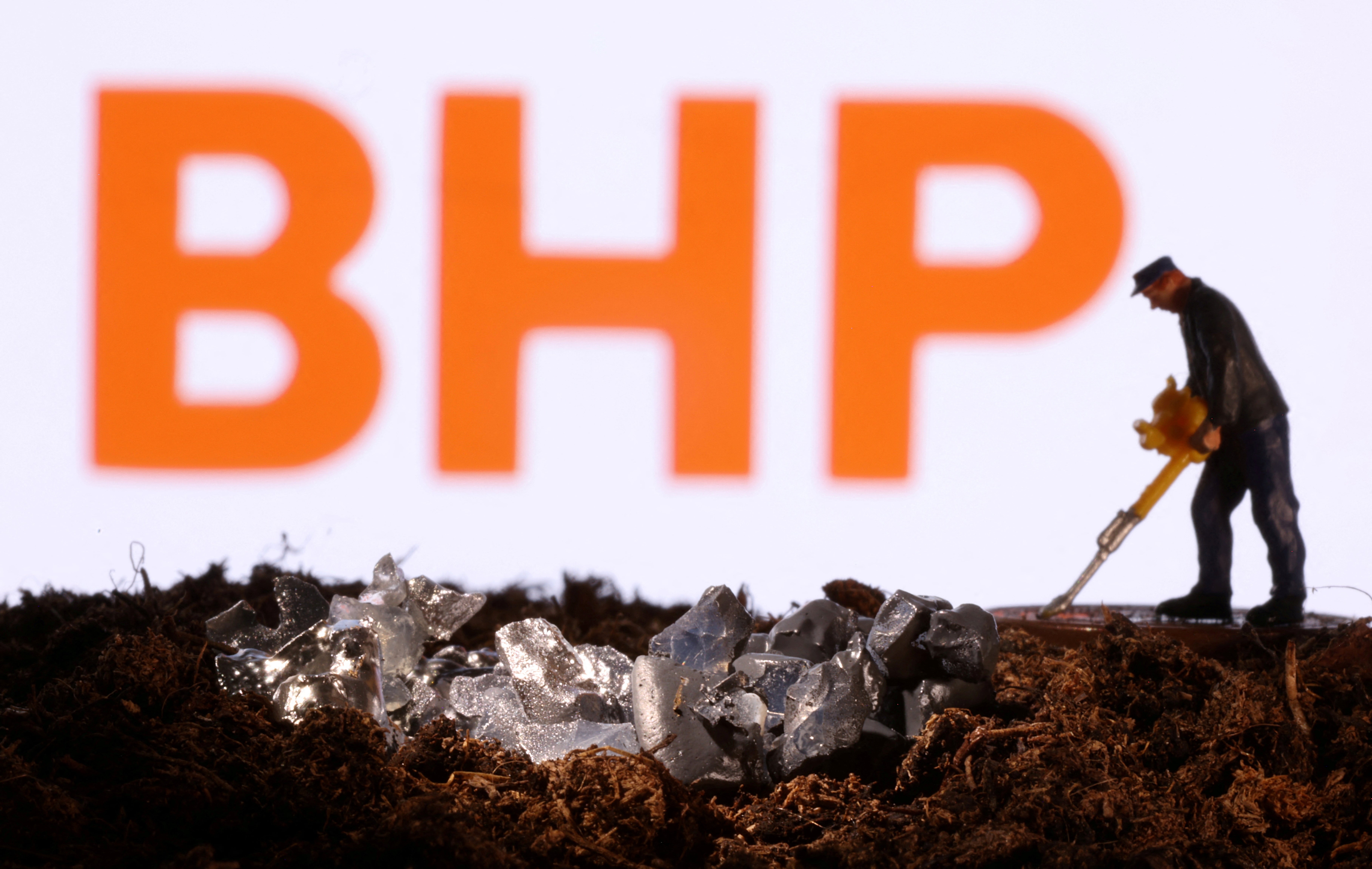The Independent's journalism is supported by our readers. When you purchase through links on our site, we may earn commission.
How the largest case in English history could help millions of people around the world
For too long, some multinational corporations have damaged the environment and communities without full compensation. We aim to change that


Your support helps us to tell the story
From reproductive rights to climate change to Big Tech, The Independent is on the ground when the story is developing. Whether it's investigating the financials of Elon Musk's pro-Trump PAC or producing our latest documentary, 'The A Word', which shines a light on the American women fighting for reproductive rights, we know how important it is to parse out the facts from the messaging.
At such a critical moment in US history, we need reporters on the ground. Your donation allows us to keep sending journalists to speak to both sides of the story.
The Independent is trusted by Americans across the entire political spectrum. And unlike many other quality news outlets, we choose not to lock Americans out of our reporting and analysis with paywalls. We believe quality journalism should be available to everyone, paid for by those who can afford it.
Your support makes all the difference.Today, a group of lawyers will announce at the Royal Courts of Justice in London that they will not prosecute peaceful climate protesters, or represent fossil fuel companies. Regardless of where the legal profession stands on this issue, we cannot bury our head in the sand. This is a defining issue of our times.
Here’s a radical thought. What if lawyers in England stop advising their clients to use technicalities to avoid their responsibilities, and instead do the right thing by the net-zero transition?
I believe lawyers have other choices too. We can, and should, fight for the rights of people affected by the climate crisis and environmental damage across the world, right here in English courts. It can be done, because we are already doing it. Today, the firm I co-founded will be in court against BHP, the British-Australian mining and petroleum company, in the largest class action lawsuit in the world.
We hold BHP responsible for the worst environmental disaster in Brazilian history. In 2015, we believe the company was responsible for the collapse of a mining tailings dam in Brazil that immediately killed 19 people and led to toxic waste containing heavy metals and arsenic spilling into waterways spanning an area the length of Portugal – over 600km.
It obliterated all in its path, burying villages in mud, displacing thousands of people and destroying farms, fish stocks and livelihoods. The impact of the disaster continues to be felt to this day, but astonishingly BHP has still failed to adequately compensate the victims.
This case isn’t just about BHP and this disaster. For too long, some multinational corporations based in the UK, EU and the US have damaged the environment and communities in other parts of the world without full compensation. We aim to change that. Our case against BHP could make legal history in two critical ways.
Firstly, we fought to have this case heard in England, despite ongoing cases in Brazil. We argued that because BHP were headquartered in London, it could be held accountable here, too. This could open the door to many more such cases. Last year, a Dutch court allowed our case against the Norwegian company Norsk Hydro, over pollution caused by their aluminium mining operations in northern Brazil because the company has a base in the Netherlands. Similarly, we are bringing a case against the largest petrochemical company in Latin America, Braskem, in Dutch courts for damages to Brazilian homes caused by their salt mining operations.
Secondly, this is by far the largest legal case of its kind in the world. We are representing over 700,000 Brazilians in England and we believe BHP is on the hook for £36 billion in damages to the victims in Brazil. So far, the company has ringfenced only around £2.8bn to cover their liability for the disaster.
The damages bill would be the world’s largest ever in relation to an environmental disaster, dwarfing both the $15bn paid by VW over “Dieselgate” in the US in 2016 and the $20.8bn paid by BP over Deepwater Horizon in 2015.
We hope to show that the many victims of environmental and climate disasters have a new route to justice by taking on multinationals on their home turf.
I cannot help but feel that if it had been Australian Indigenous communities impacted by such a disaster in Australia, those communities would not have been treated by BHP in the same way. We hope this case sends a clear message to large multinational companies that they cannot avoid responsibility for the consequences of their operations. They can and should be held to account when their activities have a negative impact on people’s lives elsewhere.
We hope such cases will shift the balance of power away from big corporations and into the hands of the people affected by their decisions, ensuring that tragedies like this never happen again.
Tom Goodhead is Global Managing Partner and CEO of Pogust Goodhead, a leader in environmental litigation
Join our commenting forum
Join thought-provoking conversations, follow other Independent readers and see their replies
Comments